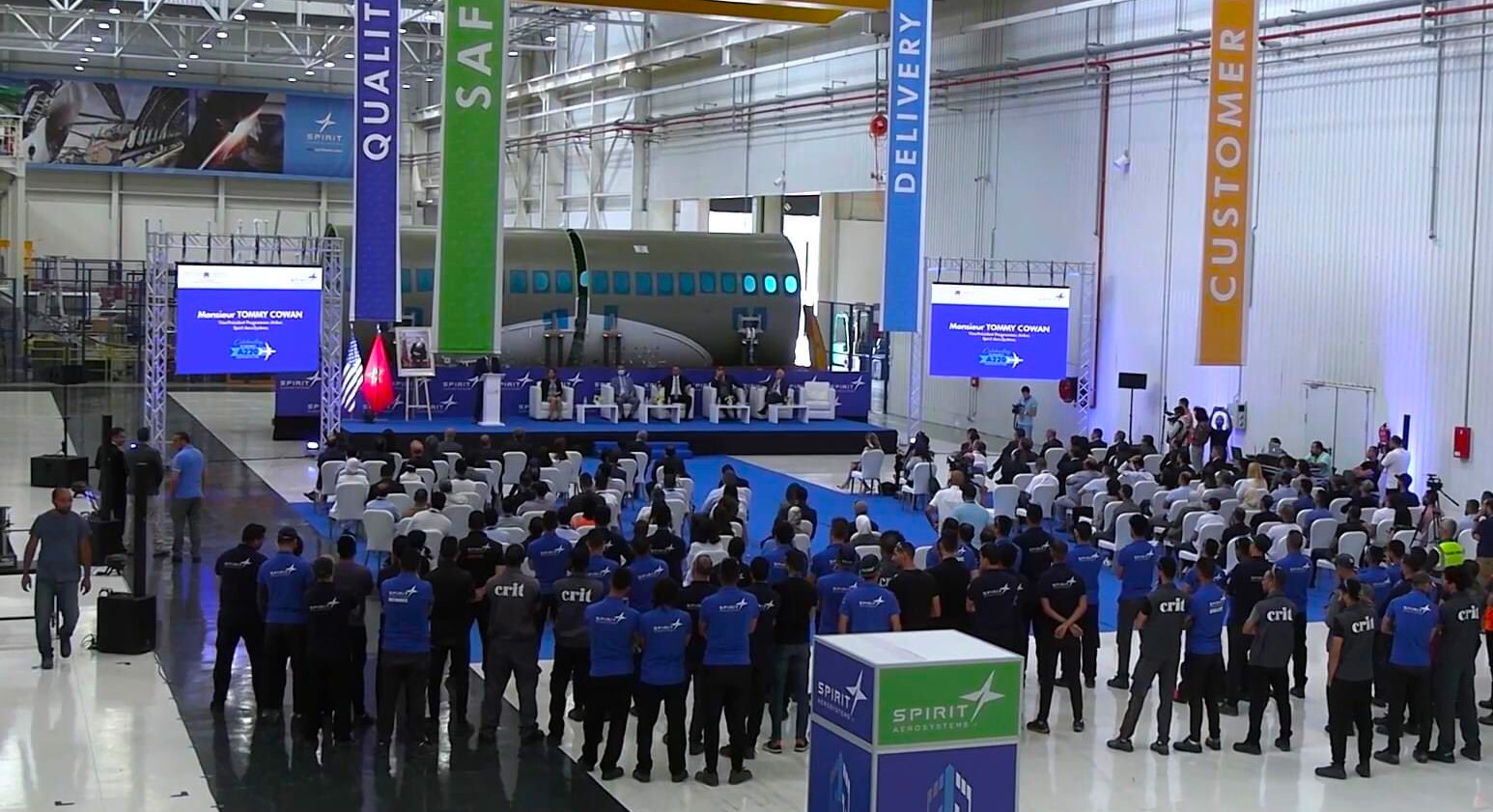


A new type of allegation has come forward, where both the aero giants have been found with aircraft parts made from titanium that was sold with fake documentation.
The Federal Aviation Administration revealed the problem after Boeing reported it to the agency when it was notified by parts supplier Spirit AeroSystems.
“Some recently manufactured Boeing and Airbus jets have components made from titanium that was sold using fake documentation verifying the material’s authenticity,” the outlet stated, deferring to a Boeing supplier, Spirit AeroSystems, for the claim.
However, trying to explain the finding, Boeing and Airbus emphasized that there are no safety concerns after revealing Friday that some titanium parts used in their aircraft had falsified documentation, triggering a federal investigation.
“The falsified documents are being investigated by Spirit AeroSystems, which supplies fuselages for Boeing and wings for Airbus, as well as the Federal Aviation Administration (FAA).”
Boeing did not say which models of aircraft or how many were affected by the titanium parts, but the company emphasized that it does not believe the discovery impacts safety.
“Our analysis shows the in-service fleet can continue to fly safely,” Boeing said.
Boeing said tests indicated the parts were made from the correct titanium alloy, which raised questions about why the documentation was falsified.
Worth mentioning, in October 2021, Boeing had revealed that the company has received inputs about improperly manufactured B787 Dreamliner parts from one of it's supplier.
About the European Aerospace major, Airbus said the parts wound up on its A220 model, a relatively small airliner that is used on shorter routes, but that the model is still airworthy.
“Numerous tests have been performed on parts coming from the same source of supply,” said Airbus, the European plane maker, “They show that the A220’s airworthiness remains intact.”
Acknowledging the issue, the Federal Aviation Administration (FAA) said it will launch an investigation into how parts without proper documentation were installed on aircraft. Boeing said it will remove the parts from planes that have yet to be delivered to customer airlines.
The FAA is “investigating the scope and impact of the issue,” The Associated Press reported. The agency said Boeing reported the issue with an unnamed distributor “who may have falsified or provided incorrect records.”
Spirit AeroSystems, Boeing’s main manufacturing subsidiary, said titanium parts came with counterfeit paperwork. Spirit is the same company that made the door on the 737 Max plane that suffered a door blowout on January 5 and began Boeing's recent spate of problems.
“This is about titanium that has entered the supply system via documents that have been counterfeited,” Spirit spokesperson Joe Buccino told the AP. “When this was identified, all suspect parts were quarantined and removed from Spirit production.”
Buccino said more than 1,000 tests have been conducted on the material “to ensure continued airworthiness.”
'Boeing reported a voluntary disclosure to the FAA regarding procurement of material through a distributor who may have falsified or provided incorrect records,' it said.
'Boeing issued a bulletin outlining ways suppliers should remain alert to the potential of falsified records.'
The investigation, first reported by The New York Times, was sparked when a parts supplier found corrosive damage on titanium parts. Titanium alloy parts are extremely common in aerospace manufacturing, selected for the metal’s strength and heat resistance.
Spirit, which makes fuselages for Boeing and wings for Airbus, was testing the metal to determine if it was up to standard and structurally sound enough.
'This is about documents that have been falsified, forged and counterfeited,' it said.
'Once we realized the counterfeit titanium made its way into the supply chain, we immediately contained all suspected parts to determine the scope of the issues.'
It also comes as Boeing and Spirit are already under intense scrutiny for the manufacturing process of the 737 Max series aircraft. A previous FAA investigation after a door blew out of a flight in January found severe lapses in the company’s safety protocols in manufacturing.
“There are issues around the safety culture in Boeing. Their priorities have been focused on production and not on safety and quality,” FAA Administrator Michael Whitaker said in March. “And so, what we are really focused on now is shifting that focus from production to safety and quality.”
The suspect parts were used in planes made in 2019 to 2023 including the Boeing 737 Max and 787 Dreamliner and the Airbus A220.
Spirit said it was used in the 787's passenger entry door, cargo doors, and a component that connects the engines to the plane's airframe, and a heat shield in the 737 Max and A220 that protects the connecting component.
However, Spirit said it was so far unable to determine if the metal was treated enough to meet aviation standards, adding it passed some tests but failed others.
It's notable that for its business portfolio expansion, Spirit Aerosystems factory (formerly Bombardier factory) had launched a new industrial program for the production of Airbus A220 fuselage parts in Nouaceur Casablanca in June 2022.
Regarding quality control issues at Boeing's assembly line, a new inquiry was opened by the regulator earlier this month following Boeing's astonishing admission staff may have skipped some inspections of its 787 Dreamliner planes.
The FAA added that it was investigating 'whether Boeing completed the inspections and whether company employees may have falsified aircraft records' .
The FAA recently said its six-week audit of Boeing found “multiple instances when the companies allegedly failed to comply with manufacturing quality control requirements.”
You may like to read.....
